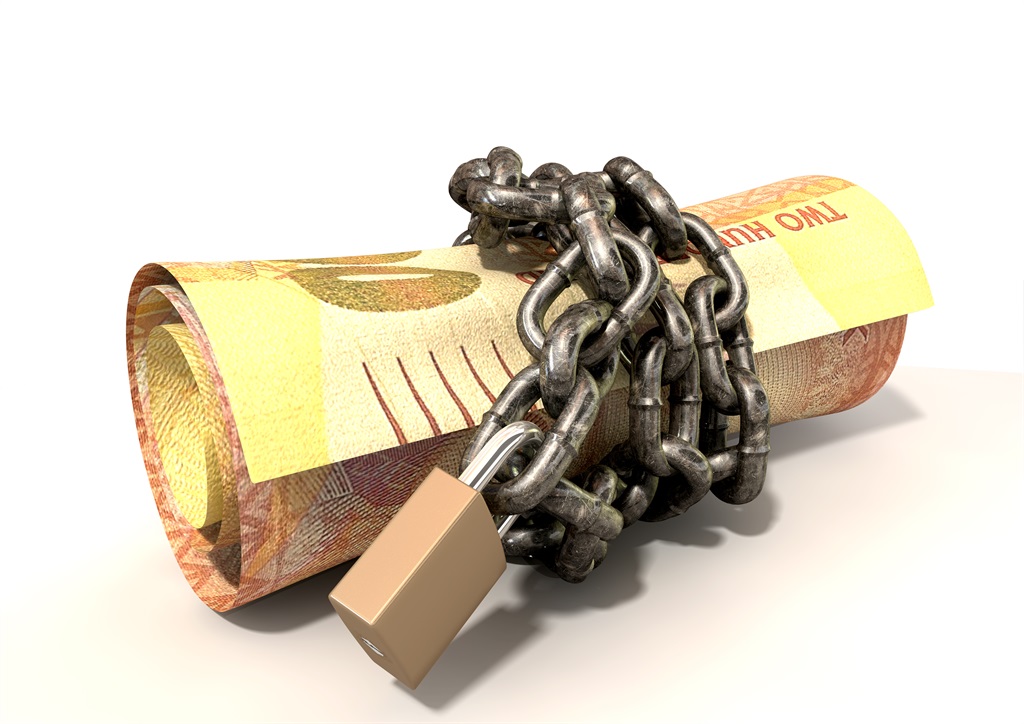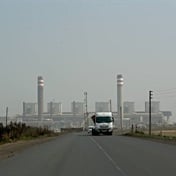
The ANC may be seen as tone-deaf and oblivious to the reality of the precarious position the country’s finances are in, but economists say the party has no choice but to come up with unaffordable proposals.
In its manifesto review released over the weekend as the party goes into election mode ahead of next year's national elections, it made proposals that don’t offer any obvious solutions to the country’s lack of economic growth crisis but have instead proposed adding to South Africa’s financial constraints.
The governing party’s document proposed extending the Social Relief of Distress Grant (SRD) - which will form the foundation of a basic income grant - to those previously excluded from receiving it, and even possibly increasing its value.
READ: Finding a workable pathway to NHI
This is while introducing the National Health Insurance (NHI), which has been endorsed by the National Assembly and is awaiting concurrence by the National Council of Provinces (NCOP) and is set to be implemented from 2024 and may lead to added fiscal strain.
The manifesto states: “We have listened to the popular call for this grant to continue beyond Covid-19 and we have extended SRD availability until 2024. We have noted many concerns about many deserving South Africans who have been recently excluded from the grant – which now covers 8.4 million people – and the fact that the value of the grant has not kept pace with inflation.
Chief economist and director at Econometrix Azar Jammine said there was no choice in extending the R350 grant because of the levels of poverty and unemployment in the country.
"I think this SRD is certainly absolutely essential to ensure that people don't starve, so I would certainly be, you know, supportive of the continuation of that. It is taken for granted now that they've got no option but to continue with that beyond 2024. The amount involved is around R40 billion and maybe a little more if they increase the value beyond R350. Government would be compelled to afford that.
"But when you're talking about the National Health Insurance scheme, studies have shown that it can cost up to R500 billion extra. That becomes totally unaffordable and the same thing for the basic income grant.
Jammine added:
This reflects the misalignment between policy and the spending choices National Treasury has to make, according to Michael Sachs, director of the Wits Southern Centre for Inequality Studies.
Unfunded expenditure proposals like this and the 7.5% salary increase for the 1.2 million public servants mean a possible increase in the debt burden and debt servicing costs, which are rising at an alarming rate.
Expenditure at the provincial level has grown by 10.1% faster in the first quarter of 2023 when compared to the same period last year. All provinces are expected to exceed their budgeted R438.2 billion for the wage bill by close to R25 billion.
The projected overspending comes on the back of this 7.5% increase in wage settlement earlier this year, which was not budgeted for. Government’s wage bill has continued to crowd out other expenditure items estimated to reach more than R700 billion in the February budget, it’s close to a third of this year’s R2.24 trillion budget.
READ: Monetary policy is a blunt tool in the face of erratic political decision making
Speaking at the economics conference hosted by National Treasury on Wednesday, Debra Makwiramiti, director of the fiscal framework at National Treasury, said despite government’s talk about cutting back on spending, consolidated spending has actually exceeded government revenue and economic growth since the 2008/09 financial crisis sustained by the high wage bill, social transfers and debt repayment costs. Debt repayment costs were estimated to gobble up R340.5 billion of the budget for the current financial year.
"However, this trend reversed as we saw during the pandemic, where the bad primary deficit as well as budget deficit increased quite significantly. On the debt side, as a proportion to GDP, gross loan debt increased by 44 percentage points between 2019 and 2021/22. And we've seen that government debt increases much faster than the growth in the economy and newly issued debt also became much more expensive. Interest payments, one of the key issues, are now consuming 18 cents of every rand of revenue that government collects.
"Over the past several years, government's efforts to narrow the deficit and debt has been interrupted by several shocks that require fiscal intervention, those include Covid-19 and the SOCs' failure and these failures were largely managed by reallocating funding within the budget and establishing firm ceilings," she said.
But Sachs, who was on one of the panels at the conference, argued that there was a contradiction between where the budget was heading and where policy stood. He said nominal government spending has dwindled to historic lows in the last three years, exposing poorer South Africans and lower-middle-income earners most of whom are public servants at risk.
He said: "As wages are contained and headcounts are reduced, that strata of society is going to feel the impact. The second strata are the users of government services, primary school pupils, mental health patients, victims of crime, and again, overwhelmingly, these are poor South Africans who depend on public services at the same time.
READ: Ramaphosa owns up to some mistakes as ANC reviews 2019 manifesto
"And we're going to have more profits and income at the top of society while that burden of adjustment is distributed to the bottom.
"The first thing that needs to happen is we must align government's policy agenda with its fiscal agenda one way or another. That's really where the jaws of the hippopotamus need to be closed."
Sachs said putting in place spending ceilings would result in further damage to public services.
"Those with power and voice within the system will be able to defend their access to resources and those without power and voice will find themselves the worst victims of austerity.
"We can either have an organised conscious, an effective austerity or have what we have now, which is unorganised, and leave it to the system to churn out the results."




 Publications
Publications
 Partners
Partners









